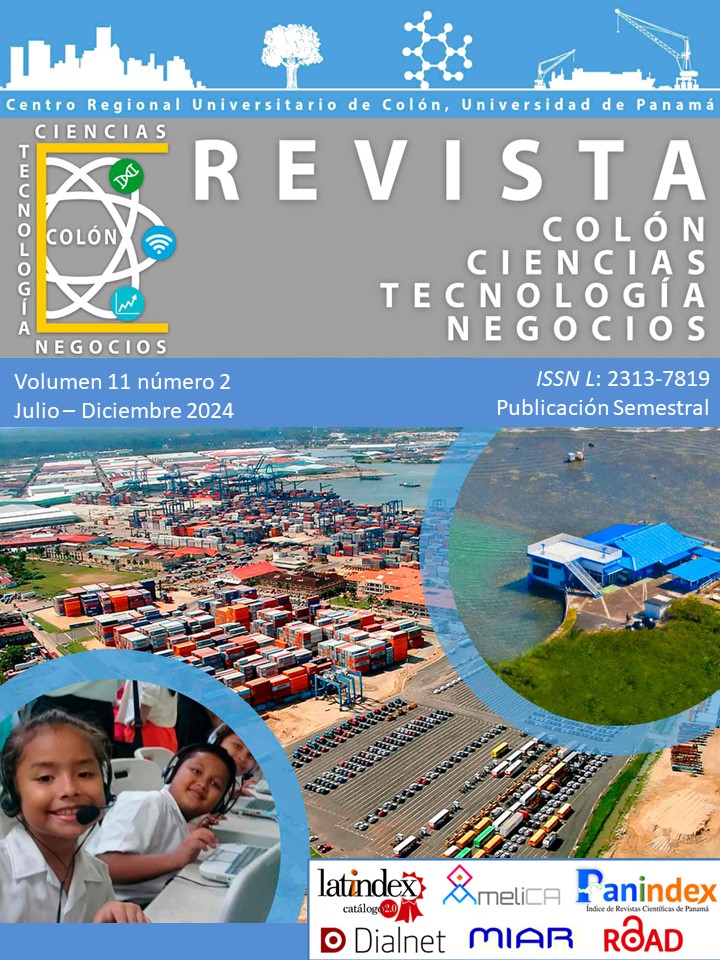

Copyright (c) 2024 Revista Colón Ciencias, Tecnología y Negocios

This work is licensed under a Creative Commons Attribution-NonCommercial-ShareAlike 4.0 International License.
The success of Mypimes depends on being able to establish clearly and timely the horizon in which their business is carried out, in which fields it is efficient and has comparative advantages, what value can be added to the flow of the process with the right information technology, and the ability of the people who run it to move forward in this complex and changing world. This research arises from the need to know how small and medium businesses in the rural sector of the Babahoyo canton are developed through the linkage between society, universities, and microentrepreneurs. The research methodology employed a qualitative-quantitative, cross-sectional, non-exploratory approach. The population under study was the business administrators of the Pimocha parish of the Babahoyo canton, Los Ríos province. University students must be linked to society as a prerequisite to graduation fostered by their tutors who carry out the activities planned for the link process. During the process, a diagnosis of the community is conducted applying a survey addressed to the administrators of small businesses to establish the need to incubate companies. Once the results have been analyzed, business administrators are trained in administration, commerce, marketing, accounting, and entrepreneurship, which allows them to improve the social and economic well-being of the micro-entrepreneur. The results suggest the need for training community leaders along with micro-entrepreneurs for designing strategies allowing the expansion of their business initiatives.